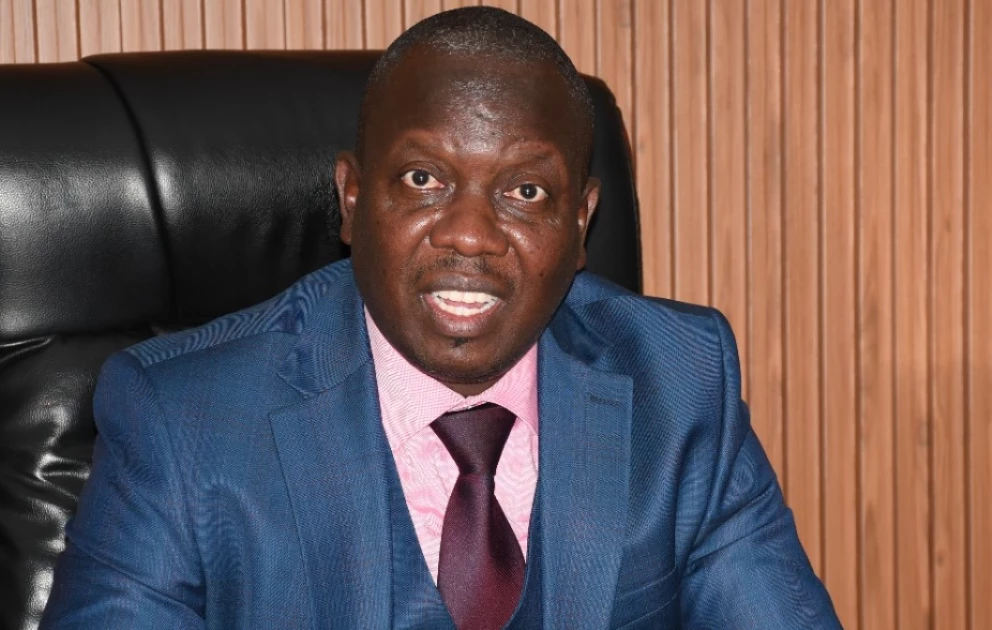
Terror charges on protest unrest suspects warranted
The Office of the Director of Public Prosecutions (ODPP) has defended its decision to press terrorism charges against suspects linked to violent incidents during the June 25 and July 7 protests, amid mounting criticism from opposition leaders, civil society groups and members of the public.
In a statement issued Monday, the ODPP said the charges were not aimed at suppressing political expression, but were instead based on evidence pointing to “calculated and coordinated acts of violence” that targeted public institutions and endangered national security.
“The charges under the Prevention of Terrorism Act should be understood within the framework of established legal thresholds and national security imperatives rather than interpreted as efforts to suppress legitimate political expression,” the statement reads.
The protests, sparked by death of blogger Albert Ojwang’ while in police custody and commemoration of Saba Saba Day, were marred by destruction of property including the burning of the Kikuyu Law Courts, several police stations and damage to other government installations.
The ODPP said such actions were designed to cripple essential state operations and instill fear among the public, conduct that meets the threshold of terrorism under Kenyan law.
Quoting Chief Justice Martha Koome, who visited the Kikuyu Law Courts on June 26, the ODPP noted that the CJ described the arson attack as “not merely an act perpetrated by criminal elements but an act of terrorism.”
The ODPP explained that such incidents qualify as terrorism under Sections 2 and 4 of the Act, which define terrorism as actions intended to disrupt essential services, intimidate the public or government, or instill widespread fear.
The office further acknowledged concerns raised by human rights groups and political leaders over the potential misuse of anti-terrorism laws, especially when applied to protest-related cases.
Opposition leaders have criticised the move, warning that the state is overreaching in its application of anti-terror laws.
Wiper Party leader Kalonzo Musyoka, who represented several protesters during their arraignment at the Kahawa Law Courts on July 8, accused the state of using terrorism laws to intimidate peaceful demonstrators.
“The penalty for terrorism is no less than 30 years. These young people do not belong to any terrorist group. Charging them under such a serious offence serves as a prospect of inflaming Kenyans,” Kalonzo told the court.
He urged the government to adopt a more measured legal approach and called the terrorism charges an abuse of prosecutorial powers.
